Cohesity expands partnership with Google Cloud to drive generative AI data insights
New Cohesity Turing solution provides AI-driven ransomware anomaly detection, threat intelligence, and more

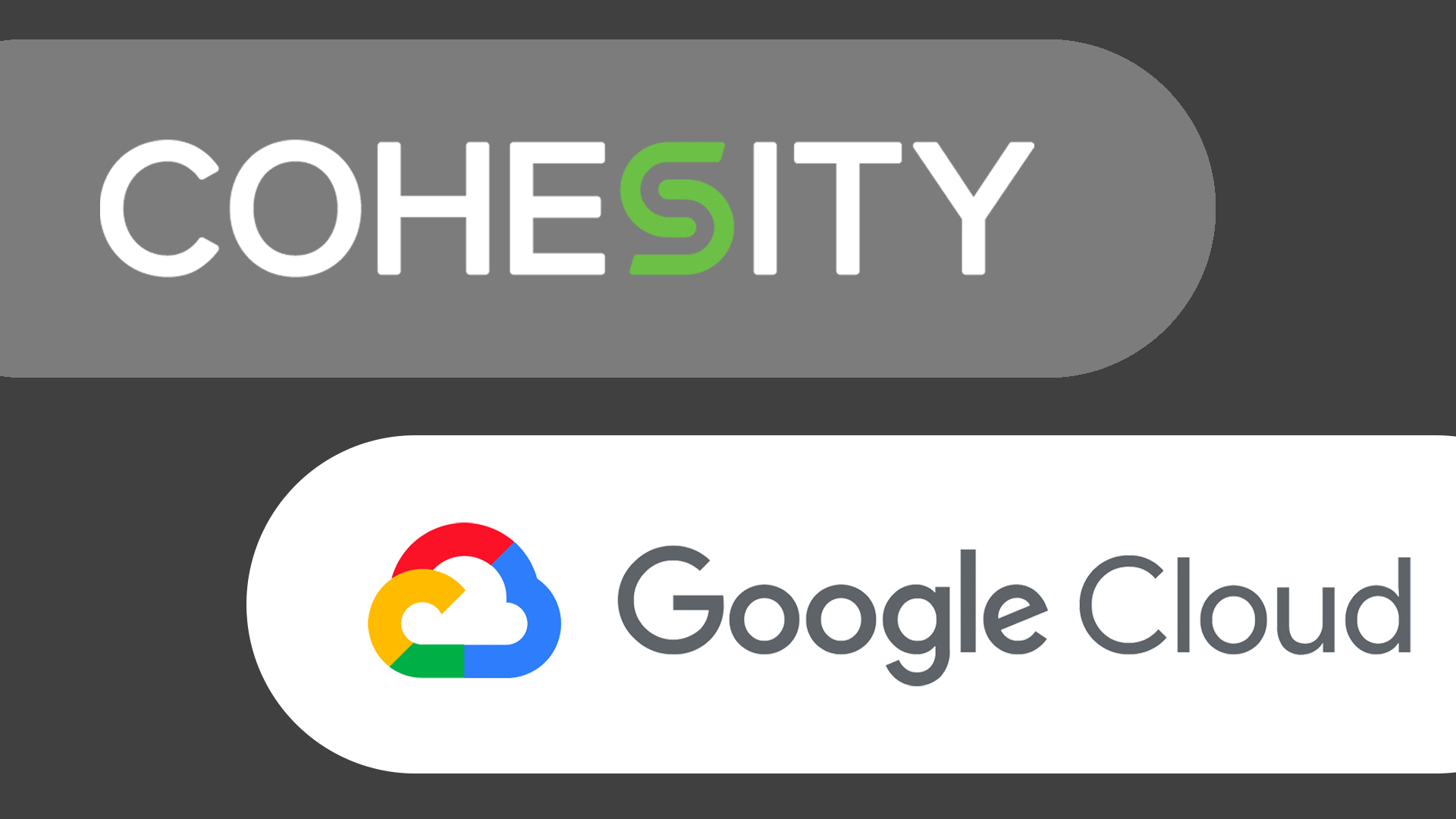
Data security provider Cohesity has expanded its partnership with Google Cloud and unveiled Cohesity Turing, a new set of AI technologies that integrate into its multi-cloud data platform.
Speaking at its Cohesity Catalyst virtual conference, the firm said the development will enable organizations to leverage their entire data estate through a single, secure workflow that covers on-premises, multi-cloud, and edge environments.
The expanded partnership adds integration between Cohesity Data Cloud, Cohesity’s AI-ready data security and management platform, and Vertex AI, Google Cloud’s fully managed machine learning (ML) platform that helps businesses accelerate the deployment of ML and AI models.
By combining its own capabilities with Vertex AI, customers can gain new insights into the same data they are already securing and managing on the Cohesity platform, the firm said.
Customers could, for example, quickly search across large swathes of data to discover threats, answer specific questions, or quickly recover data using contextual searches.
“Vertex AI is one of the best platforms for building, deploying, managing, and scaling ML models - and we’re excited that Cohesity is joining our growing open ecosystem to help more customers get value from their data via AI,” said Thomas Kurian, CEO at Google Cloud.
“Cohesity’s excellent data security and management capabilities, combined with Google Cloud’s powerful generative AI and analytics capabilities, will help customers get exceptional insights into their backup and archived data.”
Stay up to date with the latest Channel industry news and analysis with our twice-weekly newsletter
What is Cohesity Turing?
Essentially, Cohesity Turing is a collection of AI/ML tools and technologies designed to power deeper insights for customers.
Currently, users can use it for ransomware anomaly detection through advanced modelling, advanced threat intelligence, data classification, as well as predictive capacity planning with machine-driven recommendations.
RELATED RESOURCE

The near and far future of ransomware business models
What would make ransomware actors change their criminal business models?
Cohesity said it plans to continue expanding the offering’s capabilities as new AI needs emerge, while also promoting its responsible and safe implementation.
Coming soon, customers will also be able to gain further benefits from Retrieval Augmented Generation (RAG) AI model workflows, which are designed to derive deeper insights or quickly find content in petabytes of data.
In an announcement, Cohesity president and CEO Sanjay Poonen said that to gain the transformative benefits from generative AI, businesses require rapid insights from their data utilizing cutting-edge and leading AI/ML models.
“We are excited to be leading the charge in generative AI in the data security and management industry, as we build out next-gen generative AI solutions for our category,” he said.
“We also agree with Google that AI must be handled securely and responsibly. With our unique platform, Cohesity not only provides phenomenal search via our built-in indexing capabilities, but robust security protocols to help customers maintain control and privacy of their data at every turn.”
Expanded integrations
Speaking at the Catalyst event, Cohesity also announced an expansion of the Data Security Alliance.
Netskope, ServiceNow, and Zscaler are now part of the group, which was set up by Cohesity back in November 2022 to help businesses better defend against cyber attacks through vendor collaboration.
They join the existing pool of members, which includes BigID, Cisco, CyberArk, Mandiant, Okta, Palo Alto Networks, PwC UK, Qualys, Securonix, and Splunk.
“With the addition of new security partners Netskope, ServiceNow, and Zscaler and our growing portfolio of security integrations, we have one of the most robust data security ecosystems in the industry to help fight the threat of attacks,” Poonen said.
Dan is a freelance writer and regular contributor to ChannelPro, covering the latest news stories across the IT, technology, and channel landscapes. Topics regularly cover cloud technologies, cyber security, software and operating system guides, and the latest mergers and acquisitions.
A journalism graduate from Leeds Beckett University, he combines a passion for the written word with a keen interest in the latest technology and its influence in an increasingly connected world.
He started writing for ChannelPro back in 2016, focusing on a mixture of news and technology guides, before becoming a regular contributor to ITPro. Elsewhere, he has previously written news and features across a range of other topics, including sport, music, and general news.
-
 Cloud infrastructure spending hit $102.6 billion in Q3 2025 – and AWS marked its strongest performance in three years
Cloud infrastructure spending hit $102.6 billion in Q3 2025 – and AWS marked its strongest performance in three yearsNews Hyperscalers are increasingly offering platform-level capabilities that support multi-model deployment and the reliable operation of AI agents
-
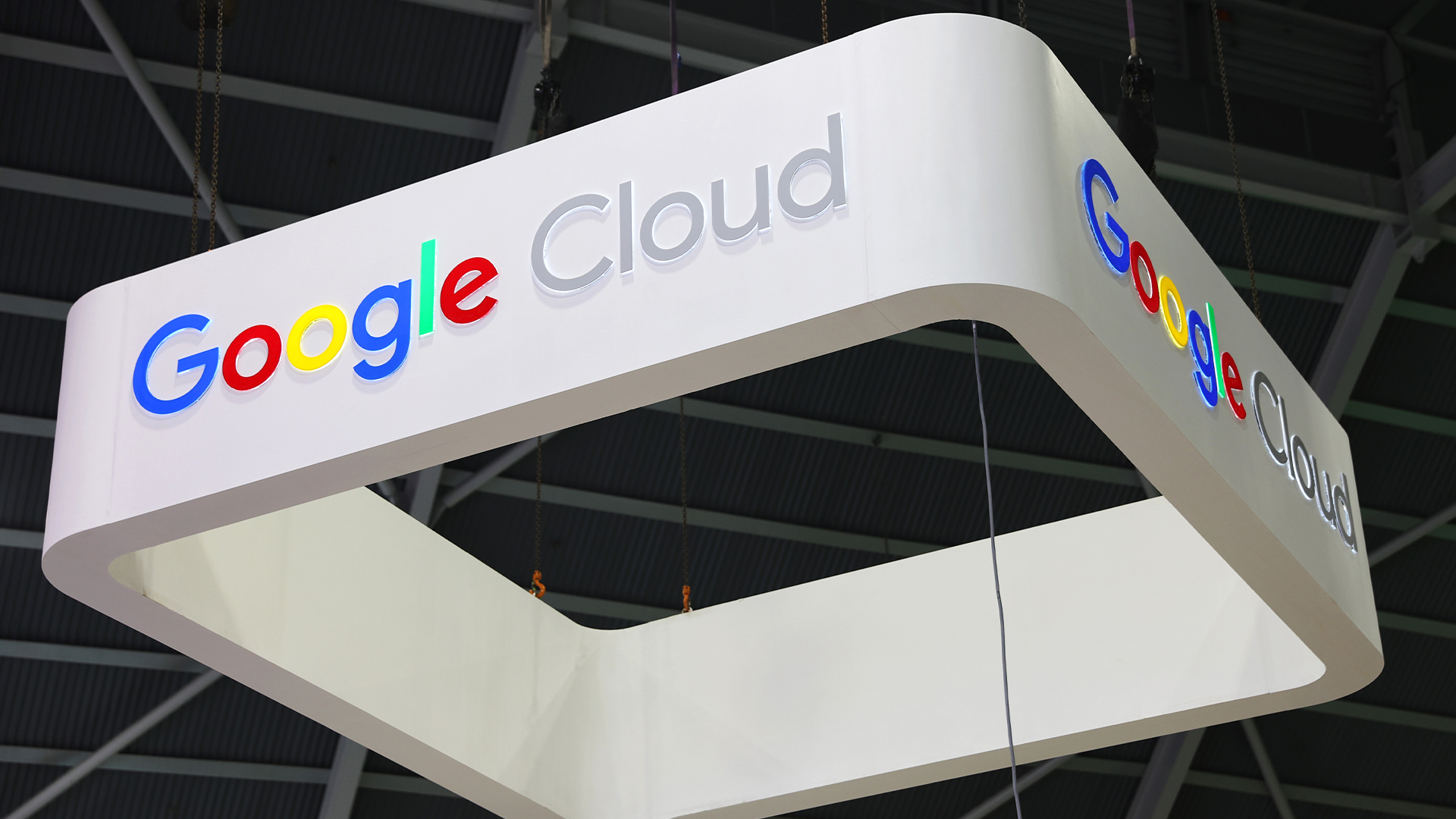 Google Cloud teases revamped partner program ahead of 2026
Google Cloud teases revamped partner program ahead of 2026News The cloud giant’s new-look partner ecosystem shifts focus from activity tracking to measurable customer outcomes
-
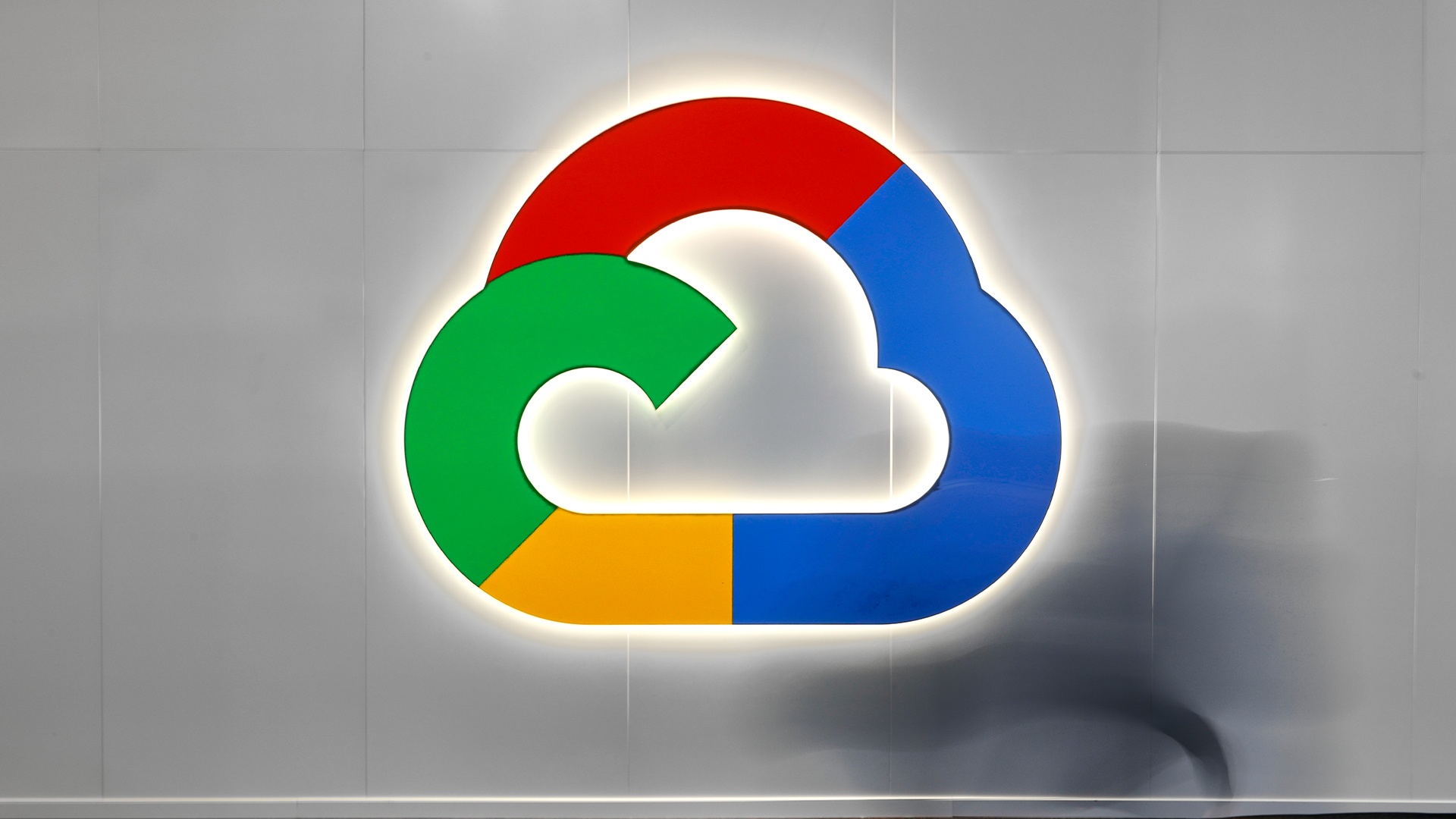 What Palo Alto Networks' $10bn deal with Google Cloud means for customers
What Palo Alto Networks' $10bn deal with Google Cloud means for customersNews The extension of an existing partnership between Palo Alto Networks and Google Cloud is designed to boost security amid rise in AI
-
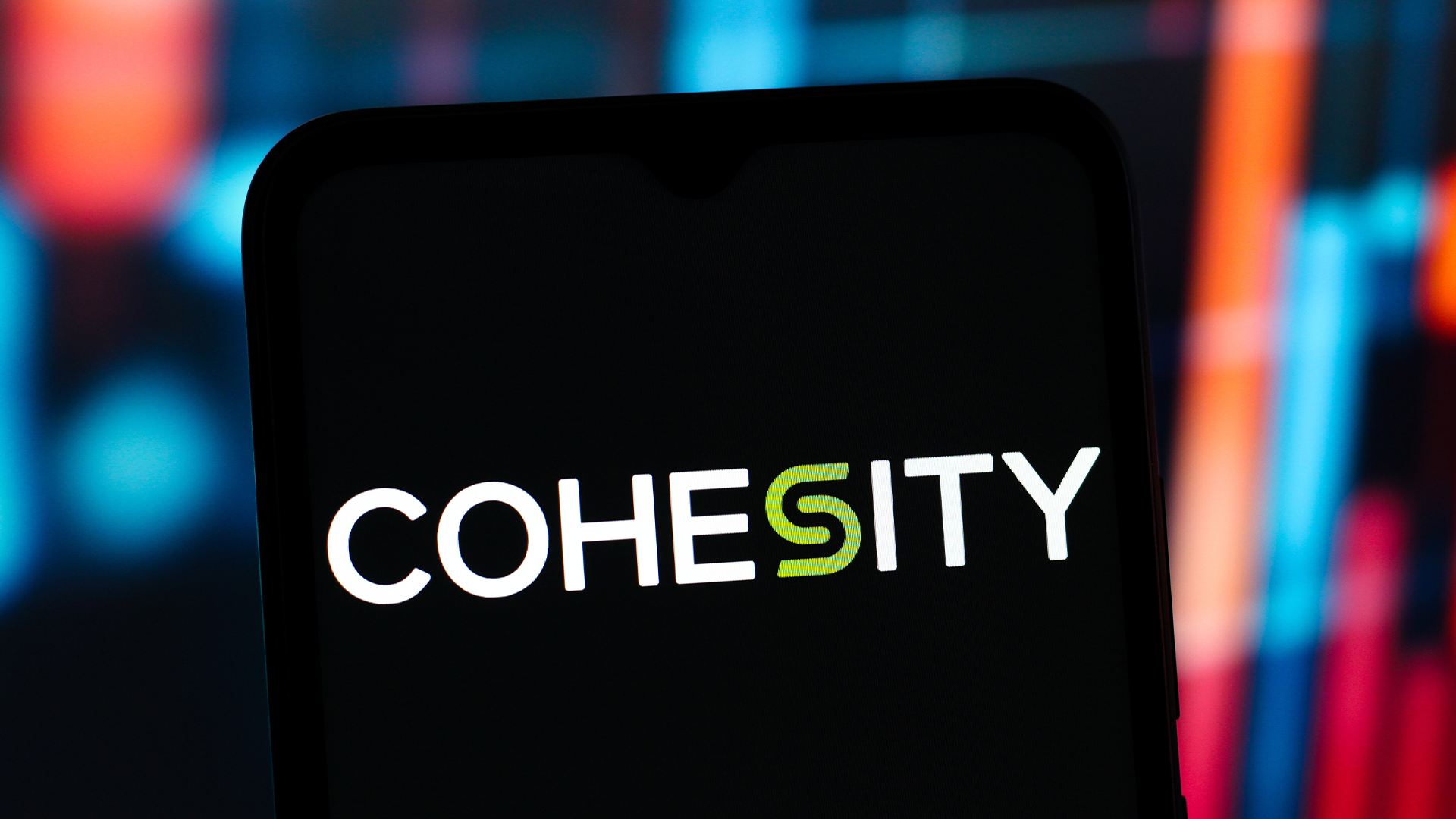 Cohesity deepens Google Cloud alliance in data sovereignty push
Cohesity deepens Google Cloud alliance in data sovereignty pushNews The pair’s expanded collaboration will focus on new integrations for AI, cybersecurity, and data protection
-
 CEOs admit majority of cloud environments were ‘built by accident rather than design’ – and it’s coming back to haunt them
CEOs admit majority of cloud environments were ‘built by accident rather than design’ – and it’s coming back to haunt themNews Many enterprises rushed into the cloud without a clear end goal in mind, according to Kyndryl
-
 Google Cloud introduces ‘no-cost’ data transfers for UK, EU businesses
Google Cloud introduces ‘no-cost’ data transfers for UK, EU businessesNews Google Cloud's new Data Transfer Essentials service will allow enterprises to transfer data to alternative providers at no extra cost.
-
 Google strikes big win with $10 billion Meta cloud deal
Google strikes big win with $10 billion Meta cloud dealNews As Meta continues its AI drive, the company is looking outside for the necessary infrastructure
-
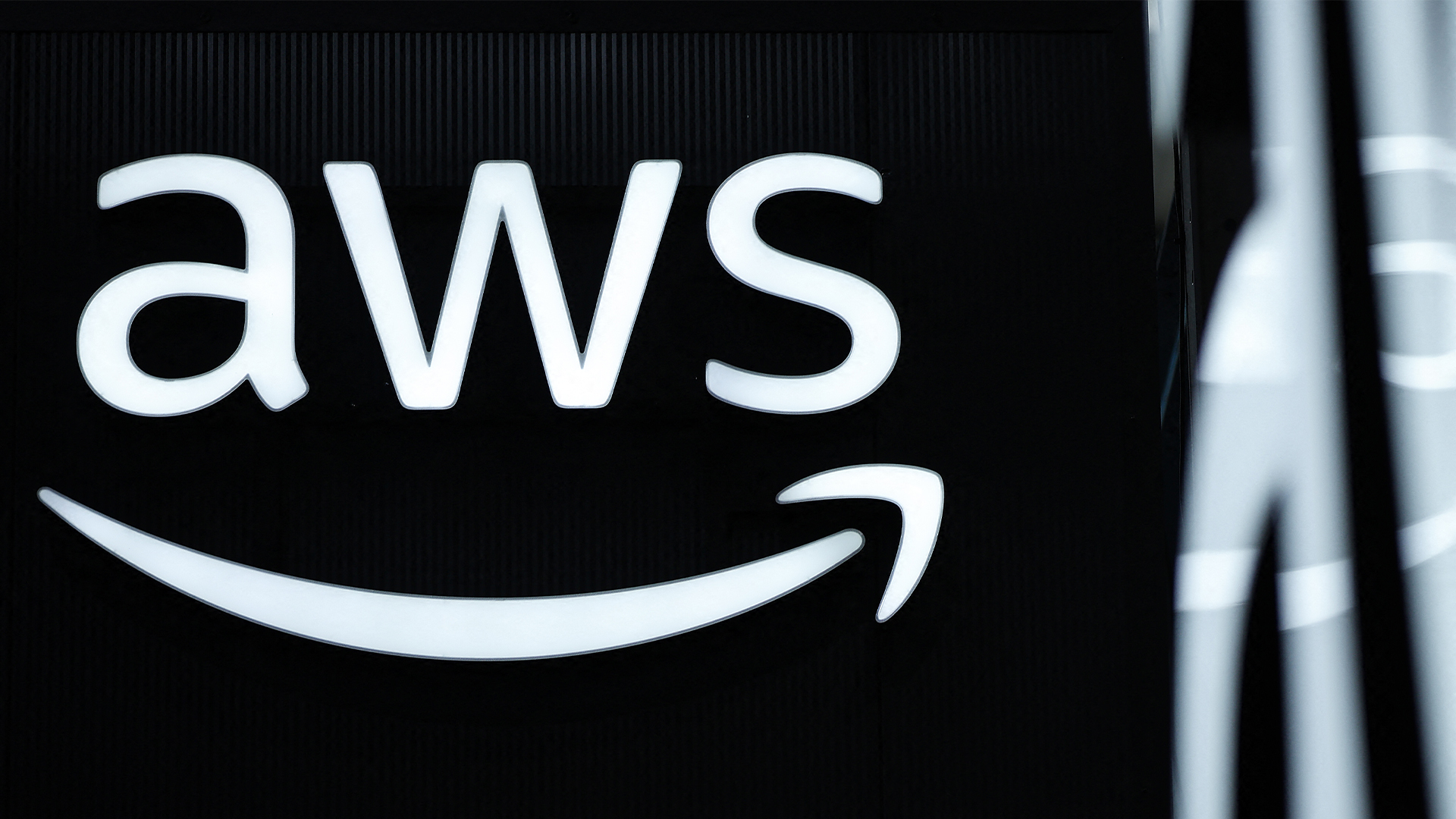 Is AWS' cloud dominance waning? New stats show the hyperscaler's IaaS market share is decreasing while Microsoft and Google record gains
Is AWS' cloud dominance waning? New stats show the hyperscaler's IaaS market share is decreasing while Microsoft and Google record gainsNews AWS maintained its lead in the IaaS market last year, but its share decreased while Microsoft and Google recorded gains.


